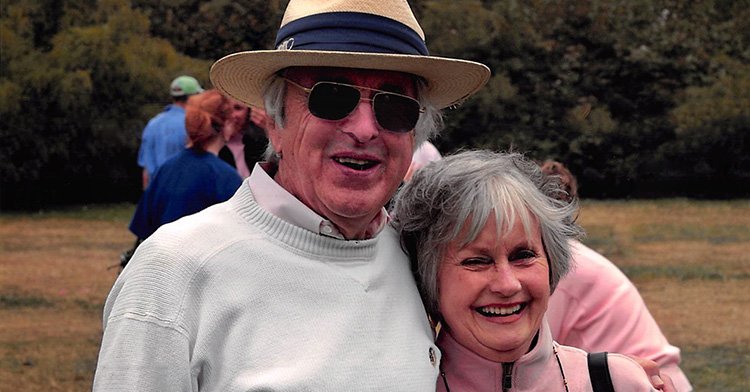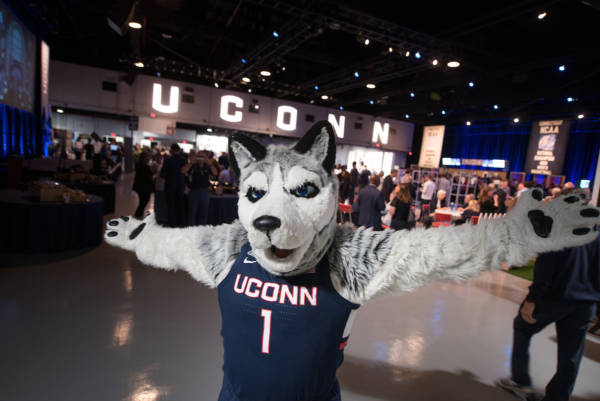Business Alum Leaves Record Bequest

By Claire Hall
Alumnus Gordon Flynn ’56, an industrial engineer and research consultant who enjoyed collecting prints, paintings, clocks and unusual artifacts, has left his $1 million estate to the School of Business, the biggest bequest in the school’s history.
“I am really happy that I can help students get their education and get started on their careers,” Flynn told a writer for the UConn Foundation in 2012 in announcing his unrestricted, planned gift. He was motivated to give, in part, he said, because of the rising cost of higher education.
“I’m told that Mr. Flynn appreciated many of the finer things in life, such as art, culture and collectibles. But it strikes me that what he cherished even more was his UConn education and the ability to share that gift with our students,” said School of Business Dean John A. Elliott. “We are tremendously grateful for Mr. Flynn’s unrestricted gift to the School of Business, which will be earmarked for the School’s most imminent needs.”
Flynn graduated with a degree in marketing and started his career with the Department of Agriculture in Washington, D.C. He later joined Safeway Inc., one of the nation’s largest food and drug retailers, which transferred him to San Francisco. He worked for the company for approximately 25 years. He was also a member of the Society of Senior Industrial Engineers of California.
Flynn joined the Catholic Alumni Club, and that’s where he met Jeanne McInnis, a nurse and educator, who would become his wife of 30 years. Together they enjoyed going to the theater, opera, museums and special cultural events, as well as dining in the San Francisco restaurants and touring wine country. They had many close friends, whom they loved to entertain in their Oakland, Calif., home with views of San Francisco Bay. Jeanne Flynn predeceased her husband in 2006.
Flynn, a native of New Haven, Conn., also loved gardening. Flynn died in 2013, but his estate gift just arrived at UConn. His obituary said he was a kind and compassionate man, who will be remembered for his Irish sense of humor.
Learn more about Charles Lewis Beach Society
Support the UConn School of Business
This story was originally featured in the UConn School of Business newsletter

